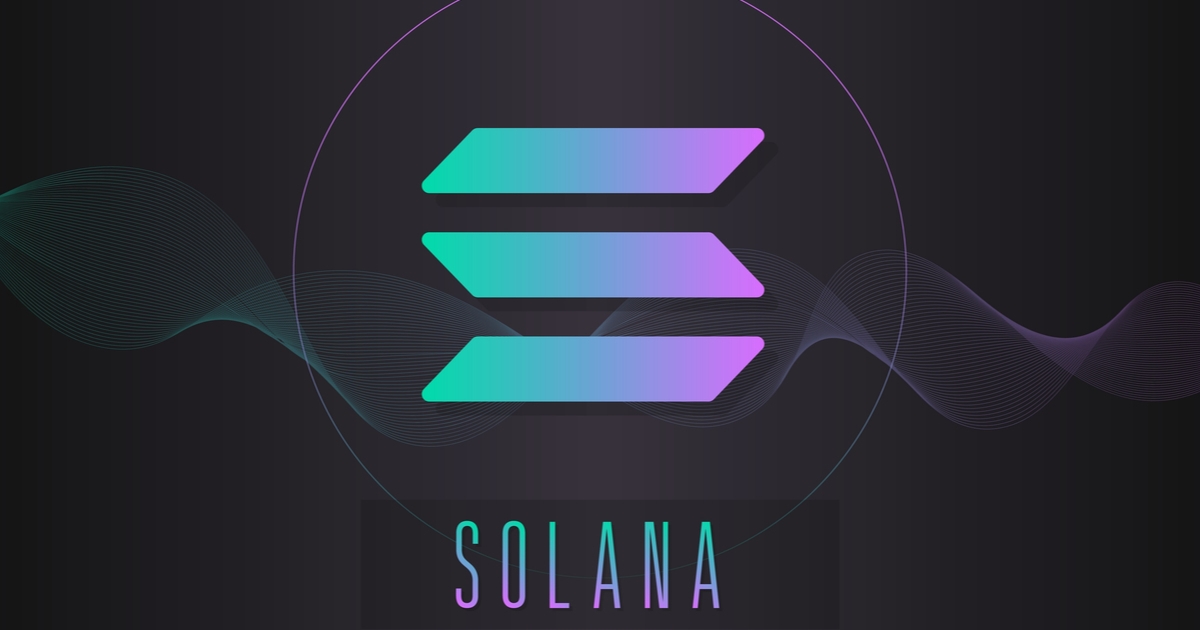Helium's Scaling Success: A Deep Dive into Decentralized Wireless Network on Solana (SOL)
Rongchai Wang Nov 06, 2025 18:51
Helium's integration with Solana (SOL) has revolutionized its scalability and cost-effectiveness. Discover how this move has enhanced the decentralized wireless network's operations.

Helium, the decentralized wireless network, has achieved a significant milestone in its scalability and cost-effectiveness, following its migration to the Solana (SOL) blockchain in April 2023. According to Solana, this move has enabled Helium to expand its network capabilities dramatically.
Scale & Performance
As of the fourth quarter of 2024, Helium operates over 350,000 hotspots across 80 countries. The network’s infrastructure supports a variety of devices through IoT and mobile hotspots, providing LoRaWAN and 5G/WiFi coverage. This extensive reach is bolstered by over 100 organizations utilizing the Helium IoT Network for various applications.
Initially, Helium's blockchain could handle only 10 transactions per second, which was insufficient for the vast number of devices connected to the network. The migration to Solana, known for its high transaction capacity of over 1600 TPS, has significantly enhanced Helium’s ability to process data efficiently. In the last quarter of 2024, Helium offloaded more than 576 terabytes of data, marking a 555% increase from the previous quarter.
Cost-Effectiveness
Helium's integration with Solana has also reduced operational costs. New hotspot owners receive enough SOL to cover 100 standard transactions, with each transaction costing about 0.000005 SOL, or roughly $0.035. This cost efficiency extends to hotspot representation, with each hotspot minted as a compressed NFT (cNFT) on Solana. This method reduces minting costs by up to 1000 times compared to traditional NFTs, making it economically viable to represent each hotspot as a unique asset.
For further cost savings, Helium is exploring additional technologies like Metaplex Core and Light Protocol to enhance compression and key management.
Data Management and Rewards
While Helium considered using zero-knowledge proofs for data attestation, the technology was deemed too slow, leading the network to rely on off-chain oracles and public data buckets. This approach avoids the computational burden associated with ZK proofs.
Helium's reward system operates on daily epochs, ensuring that rewards are calculated every 24 hours, maintaining a consistent incentive for network participants.
Helium's strategic move to leverage Solana's blockchain capabilities demonstrates a successful adaptation to the growing demands of a decentralized wireless network, setting a precedent for other blockchain-based infrastructure projects.
Image source: Shutterstock.jpg)